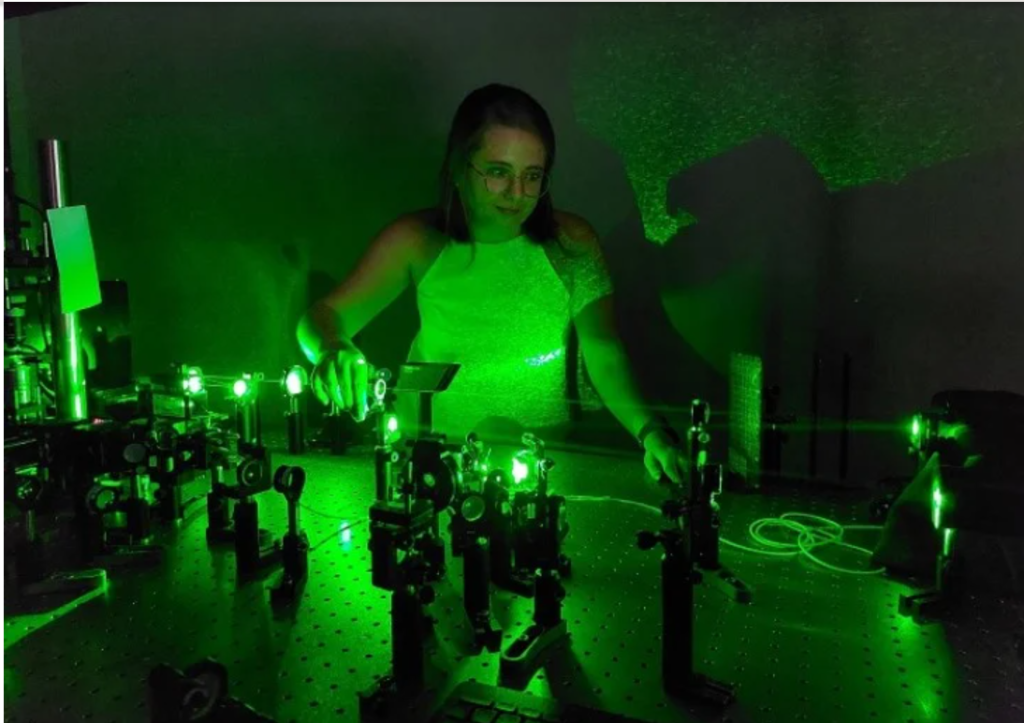
Chemistry student Ané Kritzinger developed an all-optical system to trap and control particles that can detect water pollutants at extremely low concentrations, even in tiny volumes.
Kritzinger is a master’s student at the University of Pretoria (UP) who is adamant about changing South Africa’s water crisis.
Most parts of the country, especially Hammanskraal, north of Tshwane, are experiencing water pollution, leaving them with no choice but to buy bottled water.
The Daily Maverick argued that the main pollution challenges include large volumes of wastewater discharged from dysfunctional wastewater treatment works.
The innovation has been described by the university as ground-breaking as it signals a move from “test tubes” towards light-driven “chemistry-on-a-chip” approaches.
For people in that part of the country, sometimes it requires them to fetch water from water tankers supplied by the municipality because of raw sewage sludge leaking from the malfunctioning Rooiwal Water Treatment Works into the Appies River.
Kritzinger is part of UP’s Environmental Monitoring and Sensing Research Group, which is led by Professor Patricia Forbes.
The university said this interdisciplinary research project aims to advance the emerging field of chemistry applications in optics and was made possible through collaboration with partners at the Structured Light Laboratory at the University of the Witwatersrand.
It explained that by combining optical tweezing with fluorescence spectroscopy of quantum dots (fluorescent nanoparticles with optical properties that make them ideal analytical sensors), the researchers are paving the way toward an ultra-sensitive analytical instrument.
“The system could be used to test river water collected from an agricultural area where rainwater run-off has potentially transported pesticides into the water, which could be harmful to the environment and humans,” Prof Forbes explained.
Editor’s note: The innovation used by the student, Ané Kritzinger, has been described by the university as ground-breaking as it signals a move from “test tubes” toward light-driven “chemistry-on-a-chip” approaches.
Description: UP chemists pave the way toward an ultra-sensitive analytical instrument that can detect water pollutants
Editor: Anirlé de Meyer
Project manager: Anirlé de Meyer
Do4SA NPC
Standard Bank
Branch: 024210
Acc. Number: 371 278 627
Swift Address: SBZA ZA JJ
Subscribe to The Altruist monthly newsletter which will help decision-makers gain a ground level understanding of the dynamics of poverty.